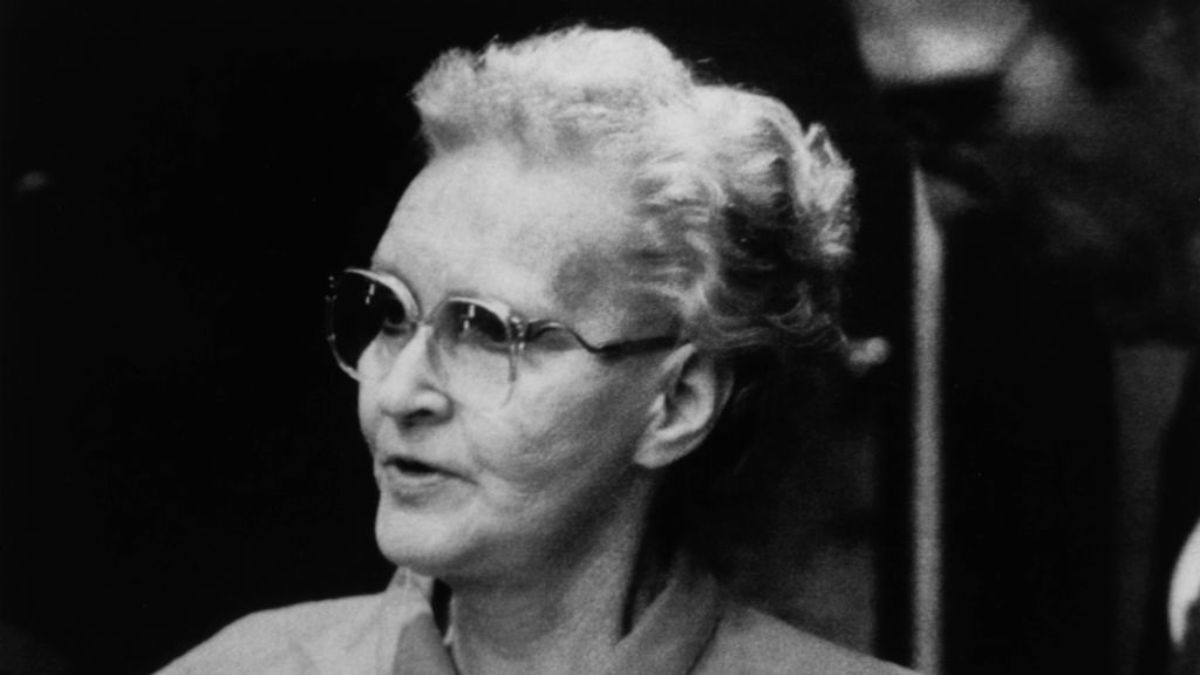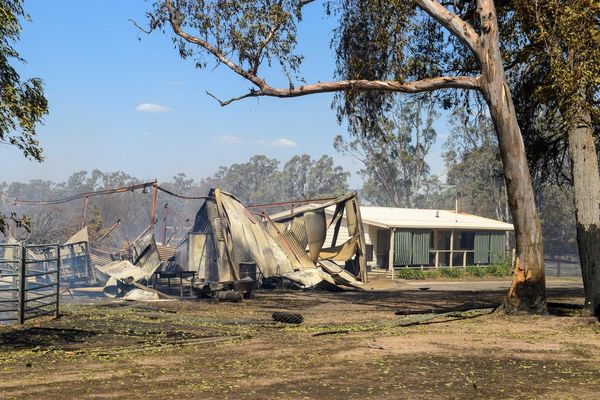
Dorothea Puente looked like a typical grandmother. She wore vintage clothing, large glasses, and kept her graying hair natural. In the 1980s, she ran a boarding house in Sacramento, California, where she took in elderly people, alcoholics, and disabled individuals. She held Alcoholics Anonymous meetings at her home and helped people sign up for Social Security benefits. To the community, she appeared to be a caring woman who wanted to help society’s most vulnerable.
But behind this kind image was a serial killer. As per LA Times, between 1982 and 1988, Puente murdered at least nine of her tenants at her Victorian-style boarding house on F Street. She drugged her victims with substances like flurazepam and doxylamine before they died. After killing them, she buried their bodies in her yard and continued to collect their Social Security checks and government benefits.
The investigation started in November 1988 when a social worker named Judy Moise became suspicious about a missing tenant named Alvaro Montoya. Montoya was 52 years old and had mental health issues. When police arrived at Puente’s home to search for him, they discovered disturbed soil in the yard. They eventually uncovered seven bodies buried on the property. Two more victims were found later, including Everson Gillmouth, whose body was discovered in a box in the Sacramento River. Prosecutors claimed that Puente collected $87,000 from her victims and spent the money on things like a face lift.
The perfect victim for a killer
Puente targeted what investigators called “shadow people.” These were individuals who lived at the margins of society and whose disappearances often went unnoticed. Many of her victims were elderly, homeless, or struggled with addiction and mental illness. Because these people moved around frequently, social workers often believed they had simply left when Puente said they were gone. Her story shares similarities with other female serial killers throughout history who have been overlooked by society.
Serial killer granny Dorothea Puente hides death behind a smile, turning her boarding house into a graveyard. True crime meets pure horror.
— Movie Coverage (@MovieCoverage_) October 11, 2025
DOROTHEA comes to digital and VOD on November 4. pic.twitter.com/ET7oi8BRc1
Puente had a troubled childhood that may have shaped her later crimes. Her parents were both alcoholics. Her mother worked as a sex worker and died when Puente was 10 years old. Her father threatened to kill himself in front of his children. After her mother’s death, Puente moved through several homes and was reportedly sexually abused at an orphanage.
She had been convicted before for stealing from elderly people. In 1978, she was placed on probation for cashing her tenants’ benefits checks. In 1982, she was sentenced to five years in prison for drugging and stealing from elderly clients. While in prison, a psychologist diagnosed her with schizophrenia and warned that “she is to be considered dangerous.”
In 1980s the sweet grandma Dorothea Puente used her home as a boarding home to people with mental health and substance abuse issues. She murdered several of her tenants over the years, collected their social security checks and buried their bodies in her backyard. pic.twitter.com/6NcvHHJvPe
— time in capsules (@timeincapsules) October 1, 2025
Despite these red flags, Puente was released early in 1985 and immediately opened another unlicensed boarding house. When police finally caught her in Los Angeles in 1988, she had fled there after the bodies were discovered. A man at a bar recognized her from news reports and called the police.
At her trial in 1993, Puente was convicted of three murders and received two life sentences without parole. The jury deadlocked on six other murder charges. Puente’s case remains one of the most shocking examples of serial killers who have victimized multiple people throughout history. Until her death in prison in 2011 at age 82, Puente insisted she was innocent and that her tenants had died of natural causes.







